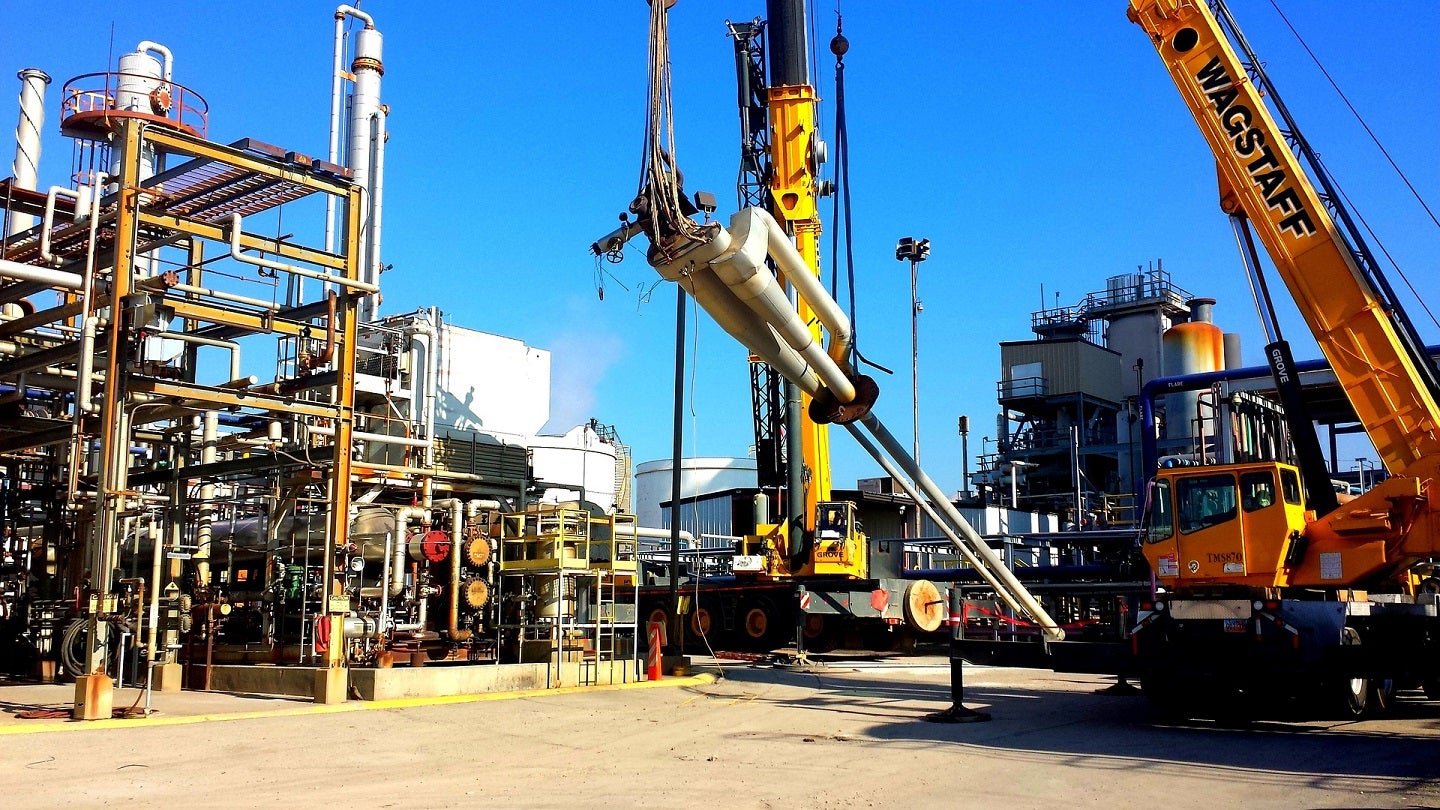
Exxon Mobil plans to invest up to $15bn to develop petrochemical project and carbon capture and storage (CCS) facilities in Indonesia, reports Reuters, citing Indonesia President Joko Widodo in a presidential palace statement.
The CCS facilities are expected to become the biggest in South East Asia.
Earlier in November 2023, Indonesia signed an initial deal with a unit of Exxon to explore investment in a petrochemical project to enable production of polymers.
Indonesian state energy company Pertamina and Exxon also agreed to assess investments of $2bn for the development of CCS facilities utilising two underground basins in the Java Sea.
Exxon Mobil Indonesia president Carole Gall was quoted by the news agency as saying: “These large-scale opportunities could substantially boost industrial growth and decarbonisation in Indonesia, as well as the Asia-Pacific region.”
Pertamina said that the proposed CCS hub will have potential storage capacity of at least three gigatons of carbon dioxide (CO₂).

US Tariffs are shifting - will you react or anticipate?
Don’t let policy changes catch you off guard. Stay proactive with real-time data and expert analysis.
By GlobalDataThe country is considering using depleted oil and gas reservoirs to store CO₂.
It is also finalising legislation that would allow the storage of carbon imported into the country.
Earlier this year, Pertamina signed multiple agreements to collaborate on research, development and implementation of low-carbon product technologies and their deployment in Indonesia.
The deals were signed with Mubadala Energy, POSCO International, Japan Petroleum Exploration Company (Japex) and Japan Organization for Metals and Energy Security (Jogmec).
The collaboration will focus on CCS, carbon capture, utilisation and storage, blue hydrogen/ammonia, new and renewable energy, and other related areas.



